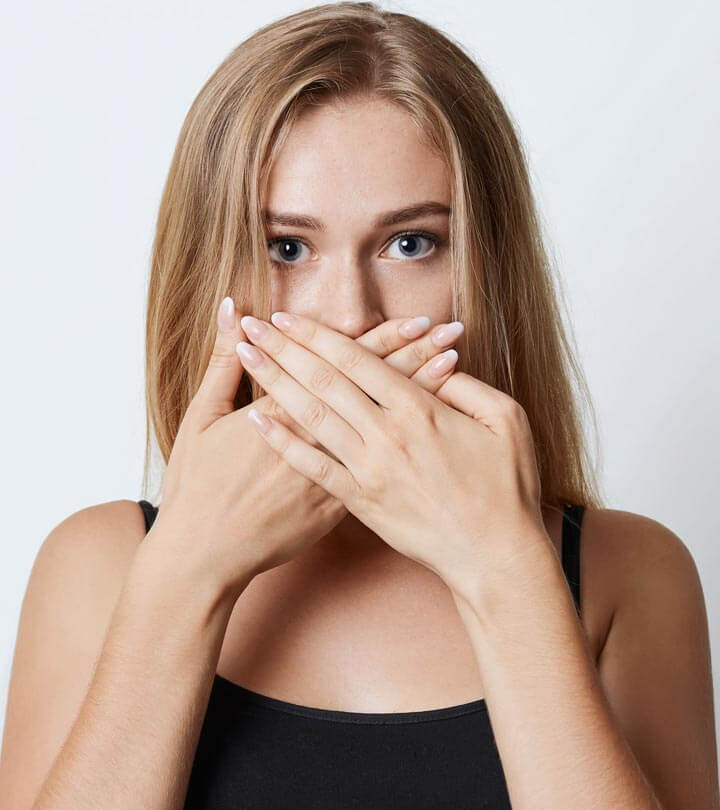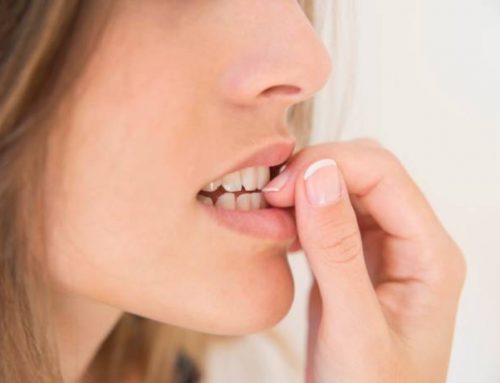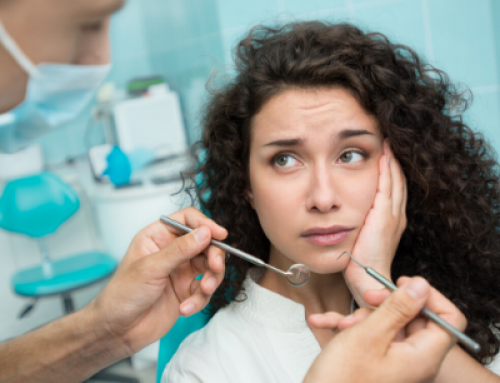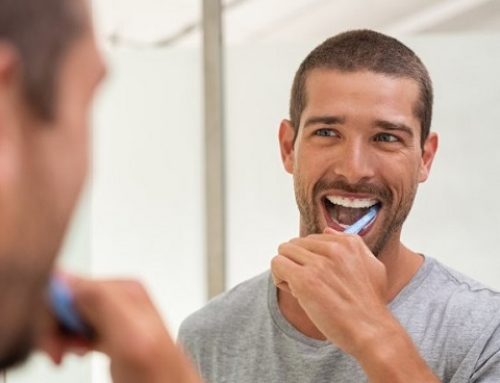 It’s normal to have bad breath sometimes, especially when you first wake up or after you’ve eaten onions or garlic. But it’s not normal to have bad breath consistently, and it can be a tough problem to self-diagnose. If you are worried about your breath at all, or people have commented on it, then it may be time to act. Here are our top ways to get rid of bad breath.
It’s normal to have bad breath sometimes, especially when you first wake up or after you’ve eaten onions or garlic. But it’s not normal to have bad breath consistently, and it can be a tough problem to self-diagnose. If you are worried about your breath at all, or people have commented on it, then it may be time to act. Here are our top ways to get rid of bad breath.
1. Have good brushing and flossing habits
Your oral health and your breath are intrinsically linked. So having good brushing and flossing routines are essential for fresh breath. Brush for at least two minutes twice per day, and floss at least once every day. This is the recommended oral care routine to keep your teeth and gums healthy and help to prevent plaque from building up. The bacteria in plaque is not only responsible for causing tooth decay and gum disease, but it also causes bad breath. Having clean and healthy teeth and gums is a great step towards preventing bad breath.
2. Brush your tongue regularly
The coating on your tongue can host bacteria which causes bad breath. Use a soft toothbrush to gently brush your tongue once a day to remove that coating and bacteria. It’s especially effective to do this at night as it can help with that morning breath.
3. Get in the habit of rinsing your mouth out with water
Having a drink of water and swishing it around your mouth after eating helps to remove any trapped food particles which cause bad breath and can affect your oral health. It is an easy but effective way to freshen up your breath after a snack or meal. As a bonus, rinsing your mouth out after a cup of tea or coffee also helps to stop those caffeine stains from building up on your teeth.
4. Switch to sugar-free mints and chewing gum
Bacteria in our mouths absolutely thrive on sugar. Bacteria use sugar to make acid which not only leads to bad breath but also tooth decay. So, if you eat mints after a meal to get rid of bad breath make sure they are the sugar-free variety. Chewing sugarless gum after a meal is an even better option, because the gum stimulates your mouth to produce saliva. Saliva is your mouth’s natural protection against plaque acids which cause bad breath and tooth decay.
5. Make an appointment with your dentist
If it’s been a while since you saw your dentist or oral hygienist, schedule an appointment with your dentist now! They will assess all aspects of your oral health and identify any potential causes for concern. If you’re concerned about bad breath it could be a sign of poor oral health, so your dentist is the expert to consult. And an oral hygiene appointment involves giving your teeth an in-depth professional clean and descaling to remove any plaque that could be contributing to bad breath.
6. Be aware of or avoid eating foods that cause bad breath
Certain foods are big culprits of causing bad breath. Garlic and onions, for example, are very good for our health but do tend to leave a lingering odour on our breath. And unfortunately brushing your teeth after eating these doesn’t help at all because the odour-causing elements they contain travel to your lungs via your bloodstream, where you breathe them out. So if you don’t want to limit your diet then be strategic about when you indulge in these foods and avoid them before meetings or social outings.
7. Keep hydrated
Dehydration is tough on your body in lots of different ways, including drying your mouth out. This changes the pH of your mouth which leads to increased mouth odour. So keeping hydrated is important as even slight dehydration can adversely affect your body. Take extra care in hot weather, when exercising, or even if you tend to drink a lot of caffeinated drinks during the day.
8. Should you use a daily mouthwash?
Despite what the mouthwash companies would have you believe, it’s often not a good idea to use a mouthwash every day to get rid of bad breath. Maintaining good brushing and flossing routines are the most effective way to keep your breath fresh and your mouth healthy. We generally advise against using a daily mouthwash, as they can work against the natural oral microorganisms in your mouth. These microorganisms are good for your health and eliminating them can do more harm than good. We recommend checking with your dentist before beginning to use a mouthwash regularly.
There are many products and tricks that claim to get rid of bad breath, but good brushing and flossing is often the best solution. Before you waste your money on over-the-counter ‘odour cleansing’ tablets or dive into some home remedies that could do more harm than good, make sure you do your homework and consult with your dental professional.



